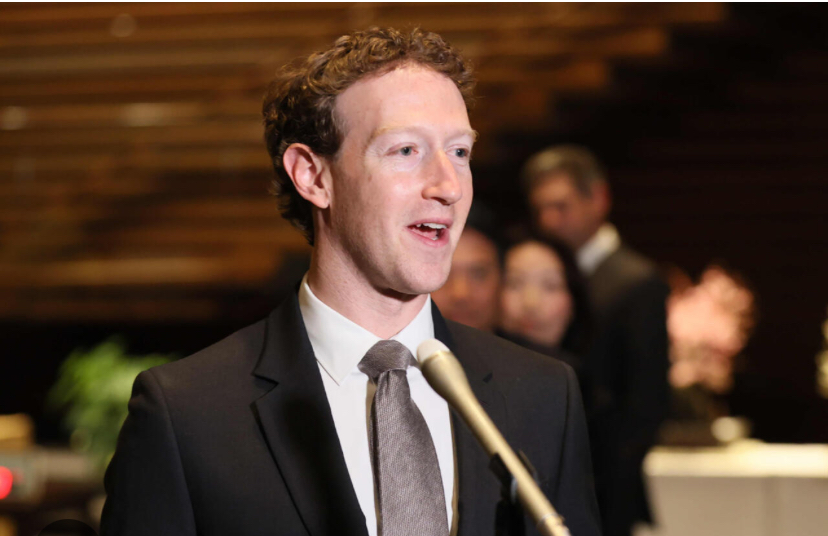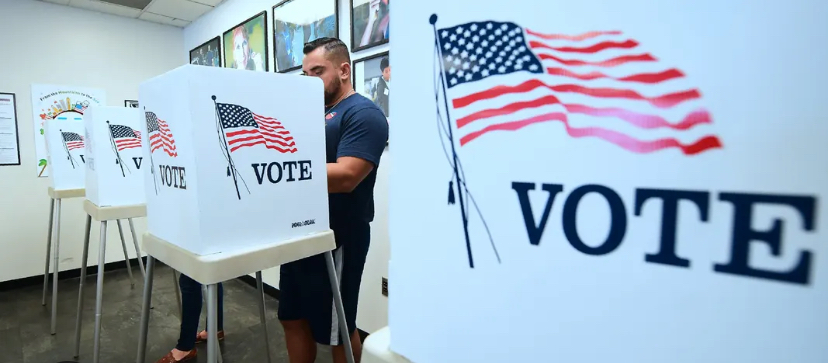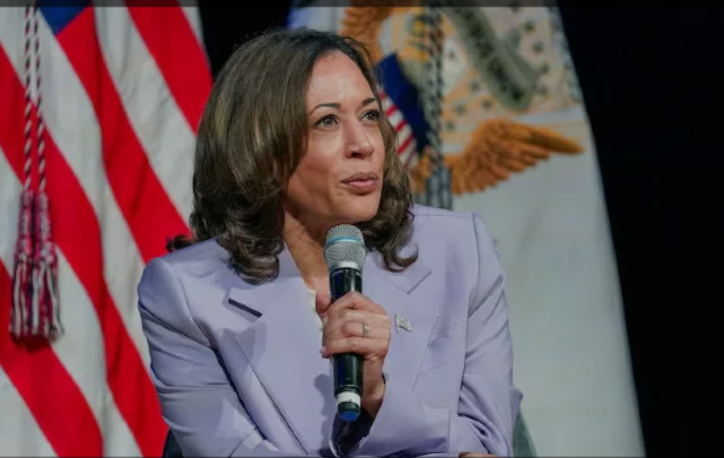
Mark Zuckerberg, CEO of Meta, has revealed that the Biden administration pressured his company to censor COVID-19-related content during the pandemic, leading to the removal of not only misinformation but also satire and humor. In a letter dated August 26, Zuckerberg expressed regret for not resisting this pressure more forcefully. The letter, released by the House Judiciary Committee, detailed how the administration expressed frustration when Meta didn’t fully comply. Zuckerberg acknowledged that some decisions made during this period might have been different with hindsight.
The pressure from the Biden administration was reportedly strong, with officials like President Biden and Surgeon General Vivek Murthy openly criticizing social media platforms, accusing them of spreading misinformation that contributed to vaccine hesitancy. In July 2021, President Biden even accused platforms like Facebook of “killing people” by allowing misinformation to proliferate. Zuckerberg’s letter suggests that Meta’s actions were influenced by this intense public and private pressure from the administration.
In his letter, Zuckerberg also addressed his $400 million contribution to election infrastructure during the 2020 presidential election. He stated that despite criticisms and legal challenges, his goal was to ensure safe voting amid the pandemic. However, he announced that he would not be making similar contributions in future elections, aiming to avoid any appearance of political bias.
The White House responded by emphasizing that their goal was to protect public health and safety during a deadly pandemic but they maintained that tech companies should independently decide how to manage the information on their platforms. The Judiciary Committee, led by Representative Jim Jordan, has hailed Zuckerberg’s letter as a significant win for free speech.
This disclosure comes as Meta continues to navigate the complex landscape of content moderation, free speech and public health, highlighting the ongoing tension between government expectations and corporate decision-making in the digital age.







